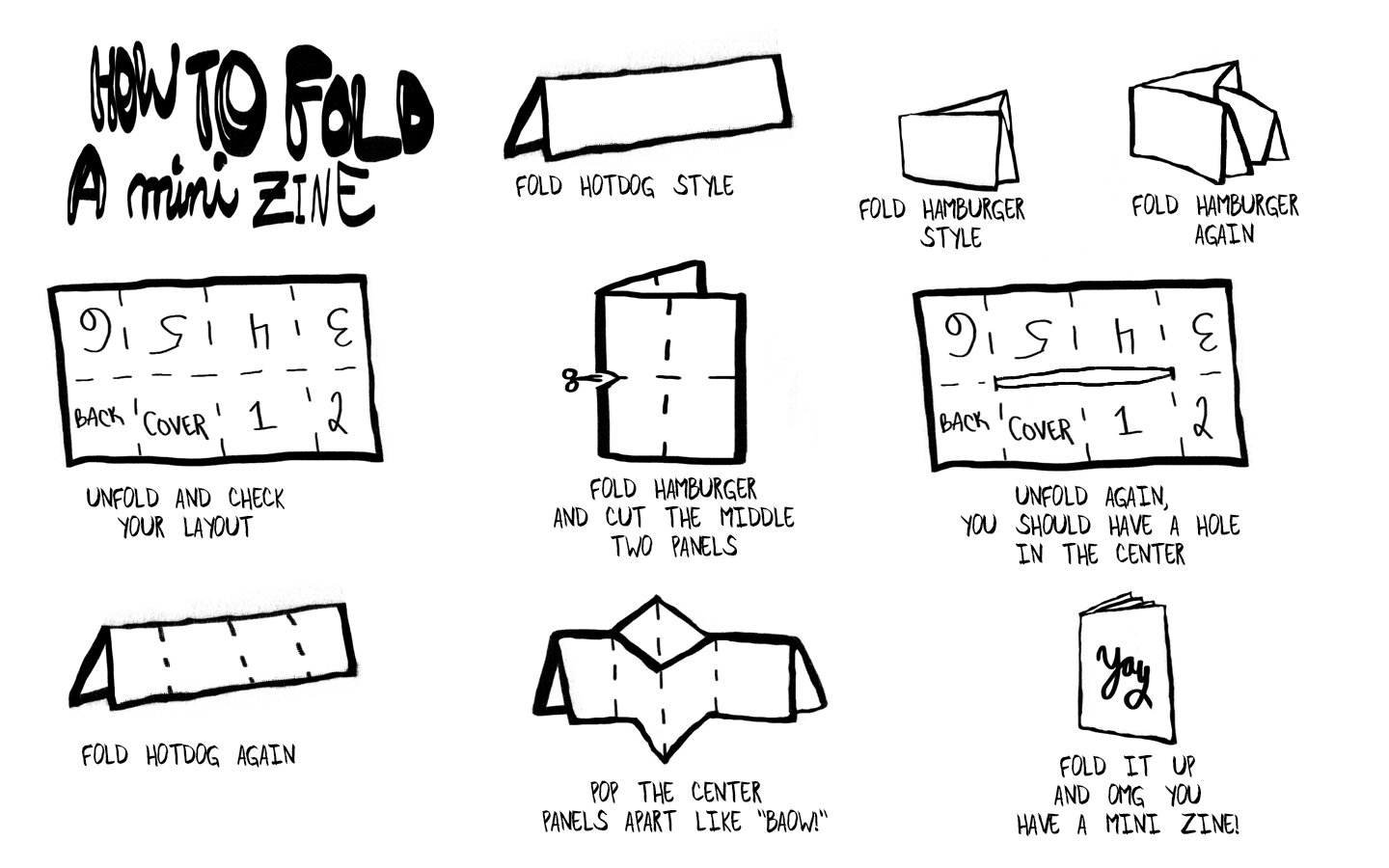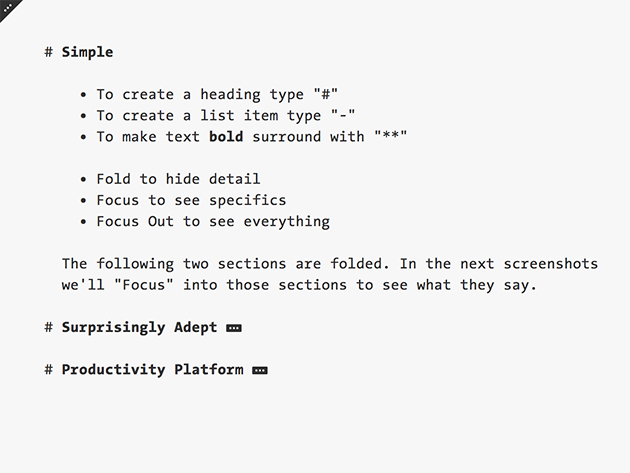

“Diary” was one of the words Matthew Buchanan focused on when he and his cofounder, Karl von Randow, were conceiving Letterboxd in the years before it launched in 2011. For me, the movies and my life really intersect.” “Just having something that charts your life. “The diary aspect is my favorite part of it,” says Vicino. That Fight Club review is a reflection of how our understanding of art can change as we do, reshaped by our own experiences or by the perspective of others, or how it settles in the culture. “I don’t necessarily agree with a lot of the stuff I said in 2016,” she says, but the habit of logging titles and reviews, creating what the service calls a “Diary,” has allowed her to track her evolution as a moviegoer-and, to some extent, as a human being. Vicino has been on Letterboxd since she was 19, when she had a developing passion for movies and wanted to keep track of everything she watched. And it’s the type of writing that could have a home only on Letterboxd: a casual, personal shorthand that’s aimed squarely at the cognoscenti. Yet this 183-word nugget perfectly captures the film’s turbulent two decades in the culture, where it’s been celebrated as a barometer of masculine outrage and vilified as an instigator of the same.
Foldingtext movie code#
(If you’re posting directly to the site, you have to put in the HTML code yourself.) There aren’t even periods. Vicino writes a repertory column for the Willamette Week, an alt-weekly in Portland, but her entry for Fight Club dispenses with the formalities.

It was authored by Mia Vicino, a 24-year-old from Los Angeles who posts under the handle Brat Pitt. One of the most popular reviews ever written on Letterboxd, a social media site for cinephiles, was posted about David Fincher’s Fight Club in early 2018.


 0 kommentar(er)
0 kommentar(er)
